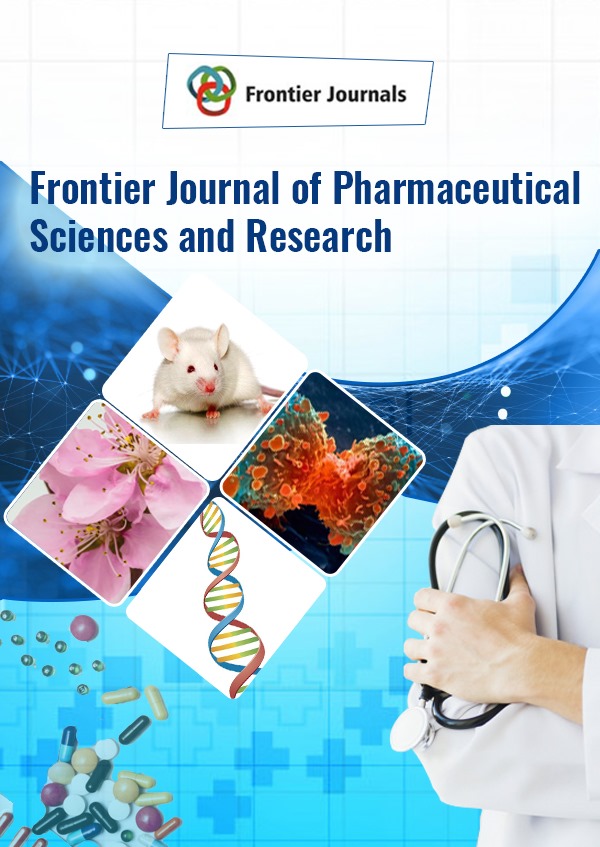PROSOPAGNOSIA
PROSOPAGNOSIA
Keywords:
Prosopagnosia, navigational skills, recognizing faces, face blindnessAbstract
This article provides an overview of the existing literature on developmental prosopagnosia, a condition characterized by the lifelong condition that can be diagnosed solely on the basis of facial information. Given the rarity of this syndrome there is a limited number of case reports available. The review examines the current data and proposes assessment strategies for individuals experiencing prosopagnosia. It is known to have 2 types of prosopagnosia they include acquired and developmental types. Acquired prosopagnosia is a condition that can occur due, to brain injury leading to difficulties, in recognizing faces, whereas Neurodevelopmental impairment leads to developmental prosopagnosia, characterized by a lack of facial processing techniques. Rather than being a uniform condition, developmental prosopagnosia manifests in different sub forms with identifiable functional impairments. This article reviews the available evidence in detail, examining hypotheses regarding the developmental origins of prosopagnosia and the specific deficits associated with face recognition.
Prosopagnosia is characterized by difficulties in recognizing faces, and currently, no specific treatment is available. However, individuals facing this situation can adopt certain strategies and practices to enhance their ability to recognize people. It is also called face blindness.(1)
Exploring and integrating these strategies into daily life could be useful for those affected by prosopagnosia, leading to improved communication and improved navigational skills in face-to-face encounters
 Abstract: 194 Views
Abstract: 194 Views PDF: 126 Views
PDF: 126 Views
Downloads
Downloads
Published
How to Cite
Issue
Section
License
Copyright (c) 2024 MANISHA rajaputana, Mehraj, Malvika, Sudhakar

This work is licensed under a Creative Commons Attribution-NonCommercial-ShareAlike 4.0 International License.





 Frontier Journal of Pharmaceutical Sciences and Research is licensed under a Creative Commons Attribution-NonCommercial-ShareAlike 4.0 International License. Based on a work at
Frontier Journal of Pharmaceutical Sciences and Research is licensed under a Creative Commons Attribution-NonCommercial-ShareAlike 4.0 International License. Based on a work at